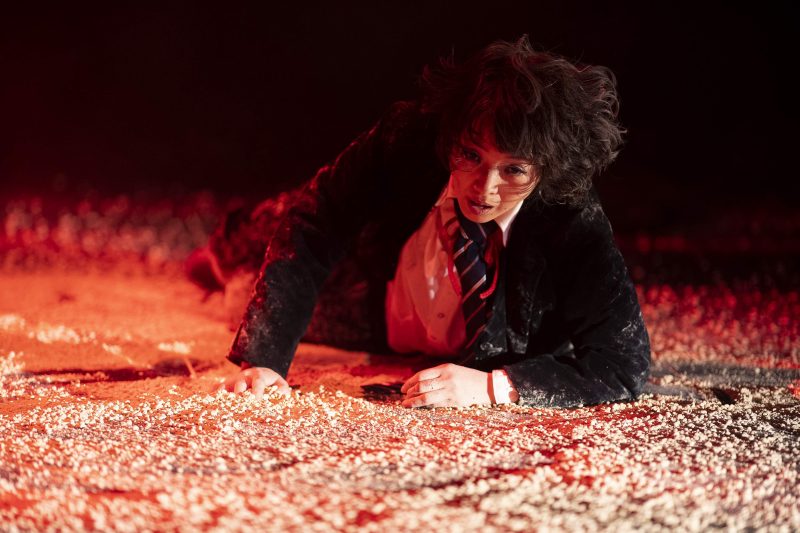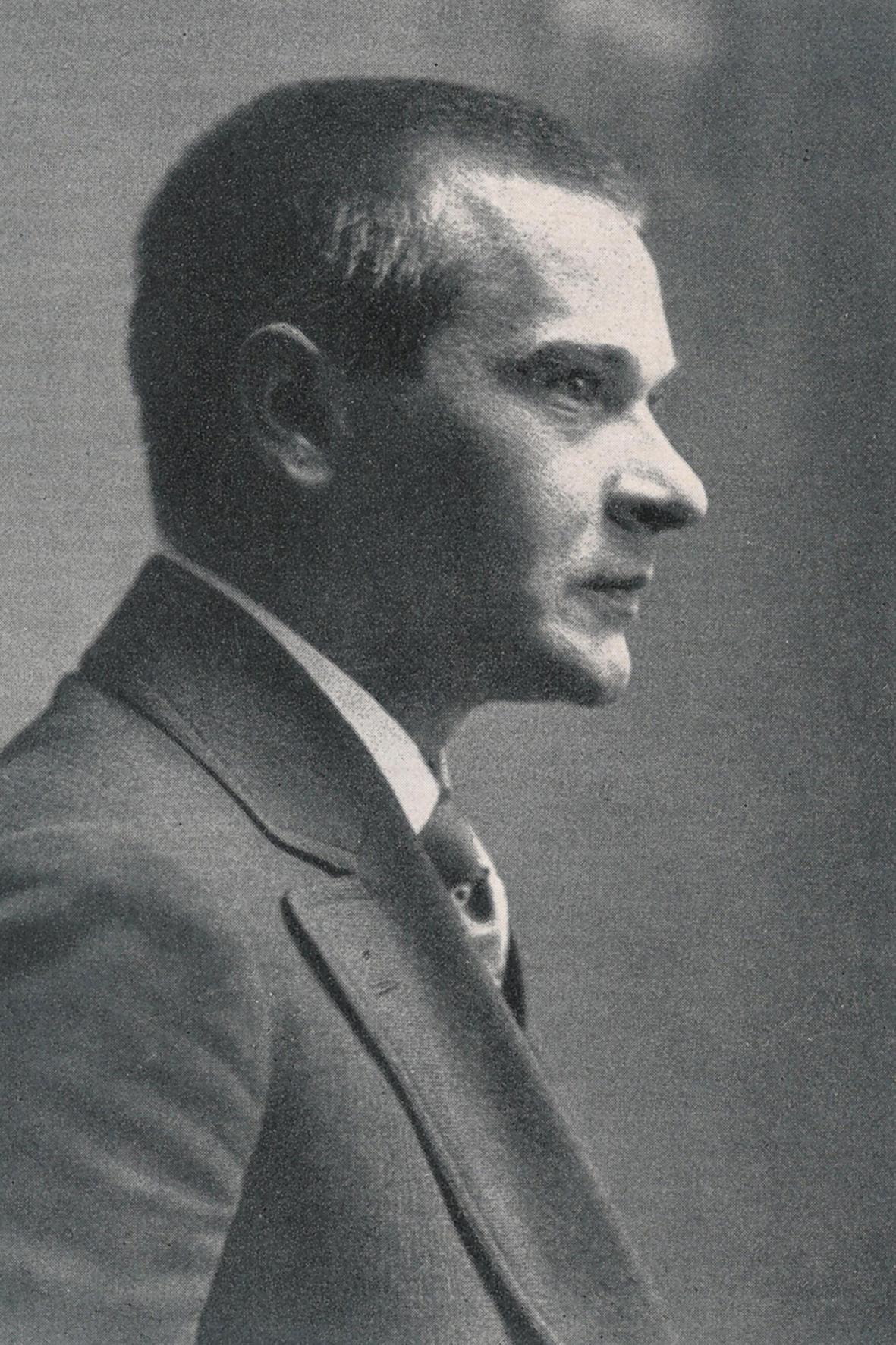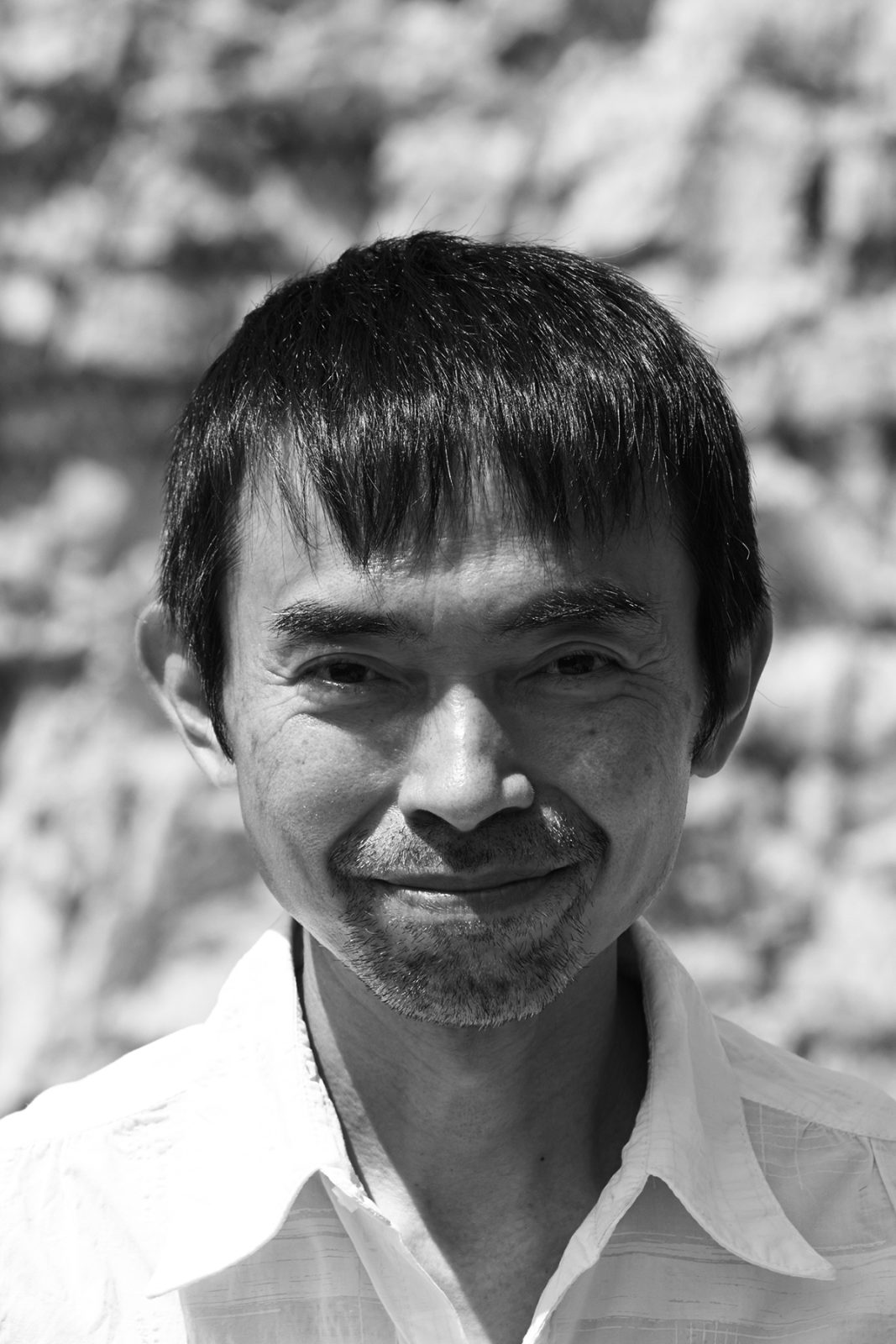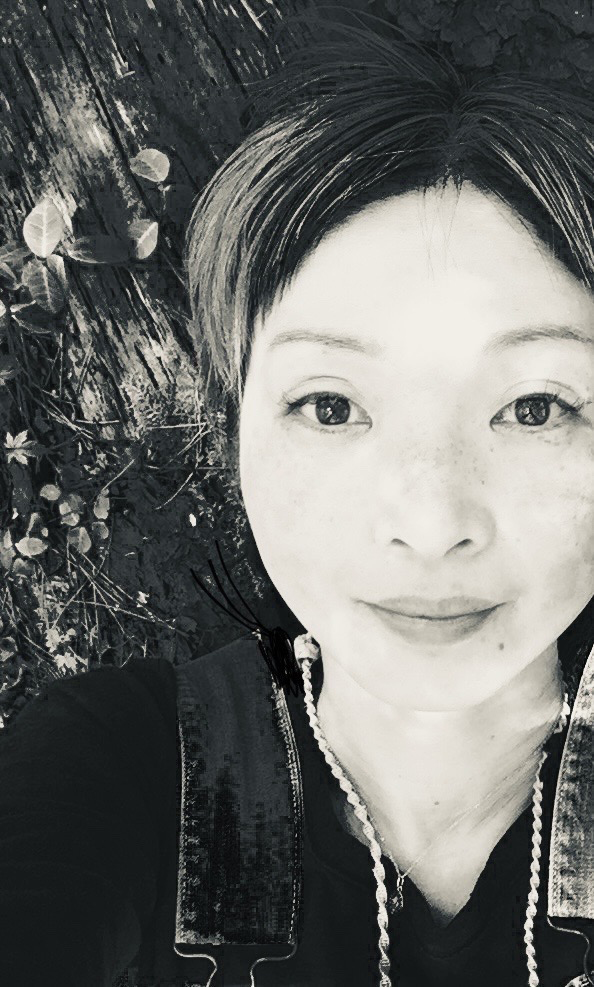PROGRAM
Directly managed programs
Dream and Derangement
SPAC (Shizuoka Performing Arts Center)
 Photo: Koichi Miura
Photo: Koichi Miura
Written by Georg Trakl
Translated by Asako Nakamura
Performed by Micari
To the shores of life
“Death and derangement” is an autobiographical prose poem written by gifted poet Georg Trakl months before his premature death. The director and his performer trace the profound sadness of the poem, which seems to reflect the life of Trakl himself, blessed with outstanding literary talent but tormented by frustration and guilt, and chart the shadow of death in the poem, its tone and timbre.
***
French theatre legend Claude Régy chose “Death and Derangement” for his last directorial work, staged at SPAC’s Ellipse Theatre DAENDO. The performance’s unparalleled world of darkness and silence took audiences to the limit of their emotions. Four years have passed since this legendary production, and three since the death of Régy. Satoshi Miyagi and Micari, whose collaboration spans more than 30 years, present a quiet homage to the late Régy, ringing out Trakl’s and all mankind’s desire for salvation in the pitch-black theatre space.
The world is awash in words, but among them very few relate to life and death.
The moment a writer creates words that can be called “absolute poetry,” words that for the writer are inescapable, the writer's body is, figuratively speaking, severely wounded in the writing of them. Of course, those “wounds” are not only those that lead to death, but also those that lead to the “joy” to be found beyond earthly life.
The performer shows these words related to “profound life and death,” together with the “wounds” of the poet's body in the instance the words were written. In other words, the actor does away with all his/her armor and lives the body of the poet the moment the words were created – I think this is what Régy wanted from his actor. “Absolute poetry” takes a person who has truly confronted its words to the “shores of life.” Beyond those shores is death, or the other side. Either way, it is not something to be frightened of. Because by looking at it, people can finally understand “life.”
From theatre magazine Higeki Kigeki March 2020 issue “In remembrance of Claude Régy,” “Claude Régy: guide to the other shore” by Satoshi Miyagi.

Georg Trakl (1887-1914)
Poet, born in 1887 in Salzburg, Austria. Devoted to literature from an early age, his poetry regularly appeared in magazines after his military service ended in 1912, and his poetry collection “Gedichte” was published in 1913. He went to the front as a medic when World War 1 began but attempted suicide with a pistol and was deported to a psychiatric hospital in Krakow. Suffering from depression, he died of a drug overdose at the young age of 27. Despite being active as a poet for only a short time, he was supported and encouraged by his contemporaries, including the philosopher Ludwig Wittgenstein, and is known as a leading Expressionist poet.
Profile

Satoshi Miyagi
Director. General Artistic Director of SPAC (Shizuoka Performing Arts Center) and General Director of Tokyo Festival. Studied theory of drama at the University of Tokyo under instructors such as Yushi Odashima, Moriaki Watanabe, and Hachiro Hitaka. Founded the Ku Na’uka Theatre Company in 1990. Miyagi engages in various performance activities internationally and is highly acclaimed both in Japan and abroad for his directorial work combining contemporary textual interpretations with the physical techniques and styles of Asian theatre. Appointed Artistic Director of SPAC in April 2007. In parallel with performance of his own work, he has invited a succession of theatrical works from around the world which cast a sharp eye on contemporary society, and also works on educational outreach programs with a focus on creating theatre as “a window to view the world.” His “Antigone” was performed in the Cour d’honneur du Palais des papes in 2017 as the opening work of the Festival d’Avignon. It was the first time in the festival’s history for a work from Asia to be selected as the opening work, and the world depicted in the work garnered a strong reaction. Other representative works include “Medea,” “Mahabharata” and “Peer Gynt.” He received the 3rd Asahi Performing Arts Award in 2004, and the 2nd Asahi Beer Arts Award in 2005. He was awarded the 68th Art Encouragement Prize for Drama in 2018 by The Minister of Education, Culture, Sports, Science and Technology, and received the French honor of “Chevalier de l’Ordre des Arts et des Lettres” from the French Ministry of Culture in April, 2019.

Micari
Born in Tokyo. Made her debut in 1979 in “Bluebeard’s Castle,” written and directed by Shuji Terayama. After working in the world of small independent theatres in the 1980s, from 1990 onwards she was a core member of Ku Na’uka Theatre Company led by Satoshi Miyagi. She first performed at SPAC (Shizuoka Performing Arts Center) in 1998 and has given annual performances there since 2010. She has received great acclaim in Japan and overseas for her stage presence and performance style, described as having “a physicality that kindles the imagination,” and an “overwhelming concentration as a performer.” Principal among her many performances are her princess Tomihime in “Tenshu-Monogatari” (“The Castle Tower”), as Medea in “Medea,” as Damayanti in“Mahabharata”and as Antigone in“Antigone.”
Summary
Dusk, then night, a dark room. A young man from a cursed family, filled with pain and sadness. Around him are no bright flowers or loving people but only withered trees, cold and crumbling stone, and beasts. He is dirty, confused, decaying and about to disappear amid a lost world. Before him, his sister appears.
Performance schedule
Friday, Oct. 14, 7:00 p.m.
Saturday, Oct. 15, 4:30 p.m.
Sunday, Oct. 16, 4:30 p.m.
Accessibility/Subtitles, No subtitles
To be decided
Language
Japanese
Ticket information
Ticket prices
All seats reserved, tax included
- General:¥5,000
- Aged 25 or under:¥3,000
-High school students or under:¥1,000
-Toshima-ku resident discount: ¥4,500
-SPAC members :¥4,000 (available from SPAC ticket center only)
Tickets on sale: From 10:00 a.m. on Saturday, Sept. 10
Tickets available from
Tokyo Metropolitan Theatre Box Office
Ticket Pia
eplus, others
*No preschool children admitted
*Various discount tickets: limited number of tickets, advance sale only, ID must be presented at the time of admission.
Venue
Tokyo Metropolitan Theatre (Theatre East)
Notice to visitors
This performance will be held with measures in place to prevent the spread of coronavirus.
Please be sure to check the following link on the Tokyo Festival website when visiting:
Tokyo Festival anti-coronavirus measures
https://tokyo-festival.jp/2022/en/info/covid19/
-Please wear a mask at all times.
-Please be advised that those who have a temperature of 37.5℃ or higher or those who are not feeling well may be denied admission on the day of the performance.
Organizer credits
Organized by
Tokyo Festival Executive Committee [Toshima City, Toshima Mirai Cultural Foundation, Tokyo Metropolitan Foundation for History and Culture (Tokyo Metropolitan Theatre & Arts Council Tokyo), Tokyo Metropolitan Government],
SPAC (Shizuoka Performing Arts Center)
Supported by
The Agency for Cultural Affairs, Government of Japan, Culture and Arts Encouragement Grant (program promoting the functional enhancement of theatres, concert halls, etc.) 2022
Sponsored by
Asahi Group Japan, Ltd.
Inquiries
Tokyo Festival Executive Committee Office
050-1746-0996 (Weekdays 10:00 a.m. - 6:00 p.m.)




